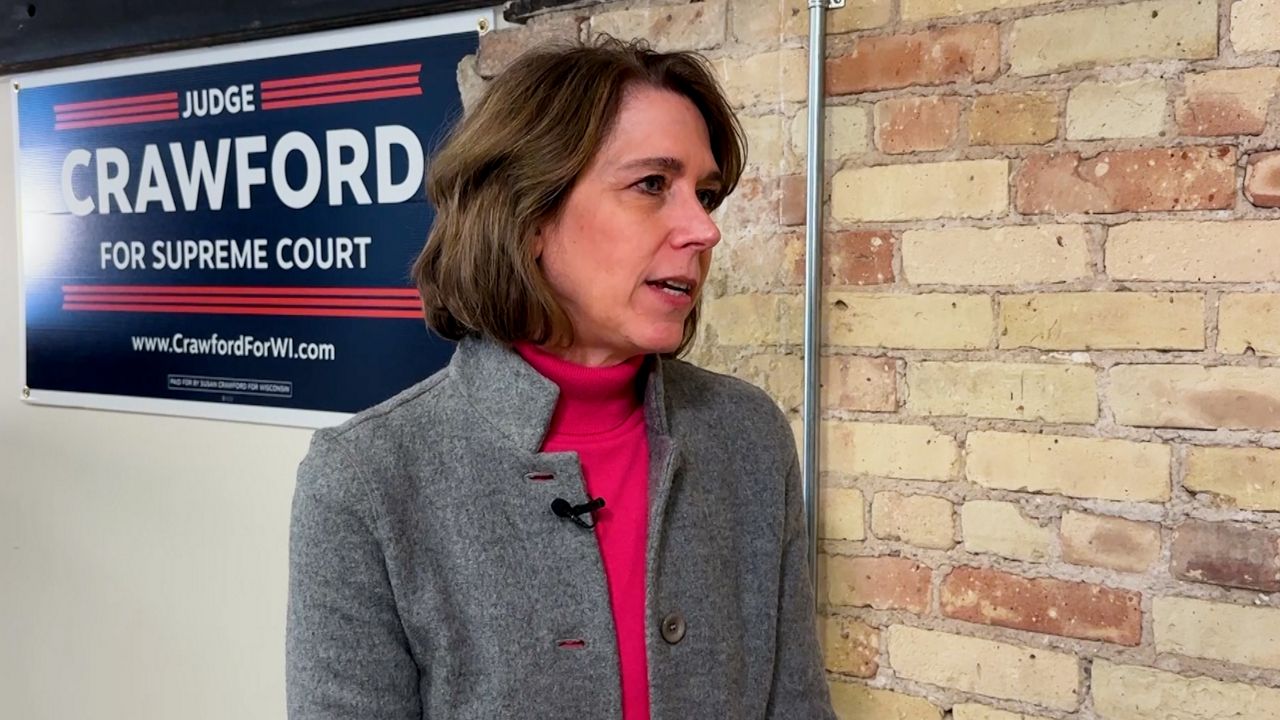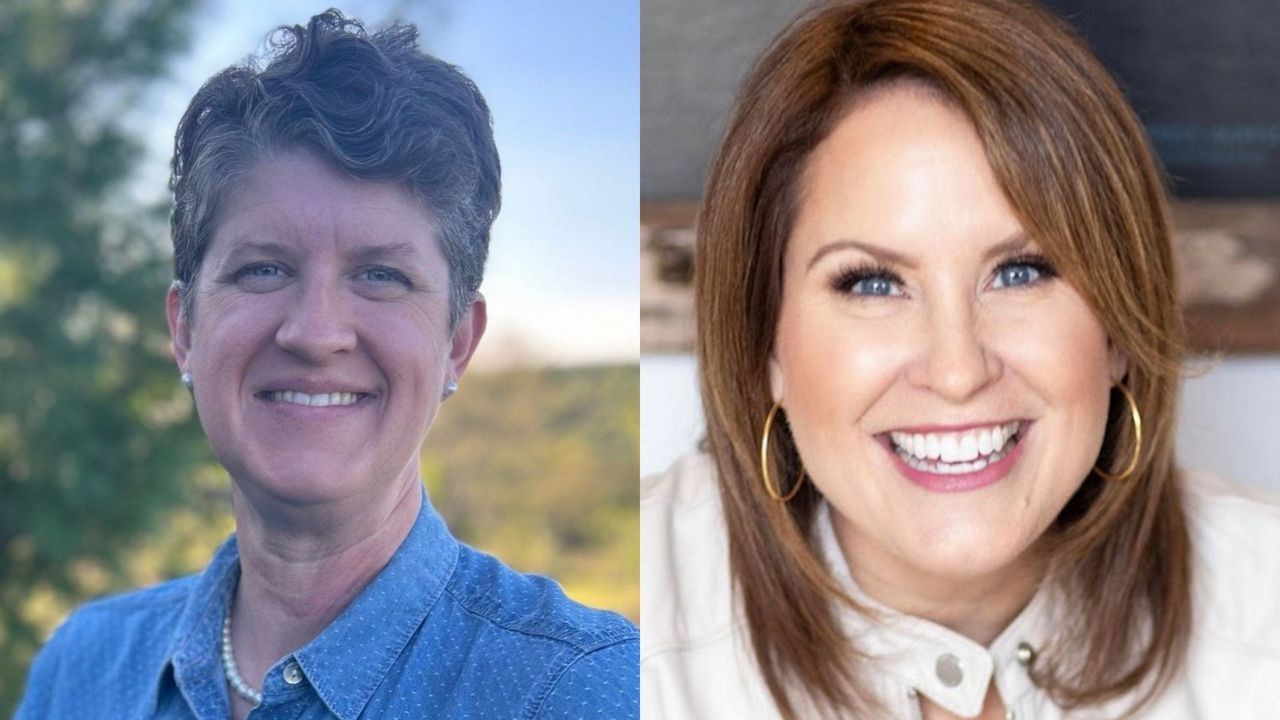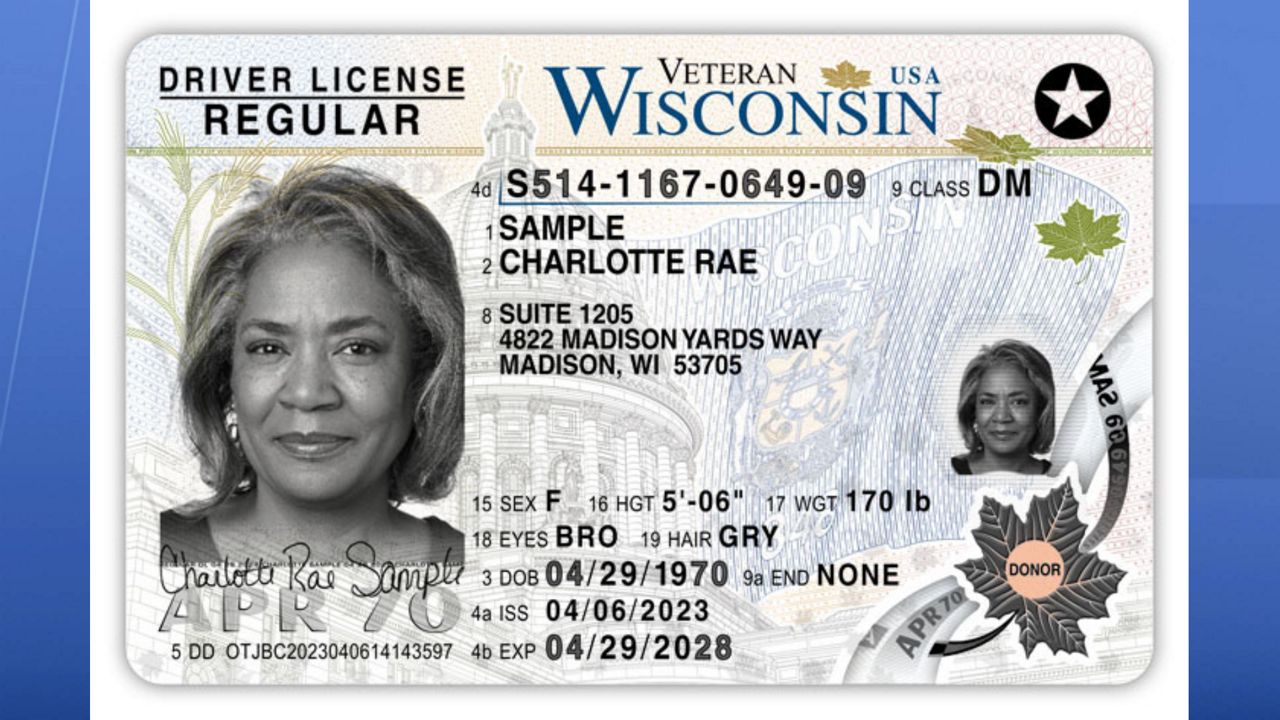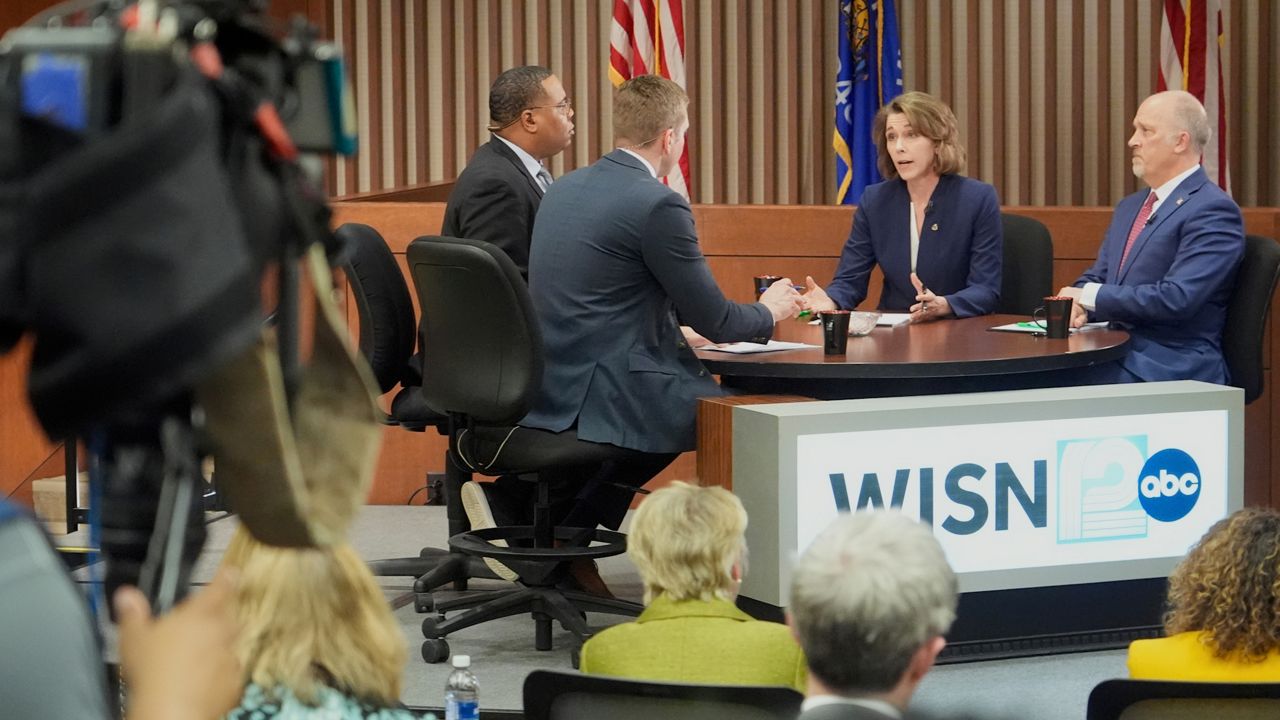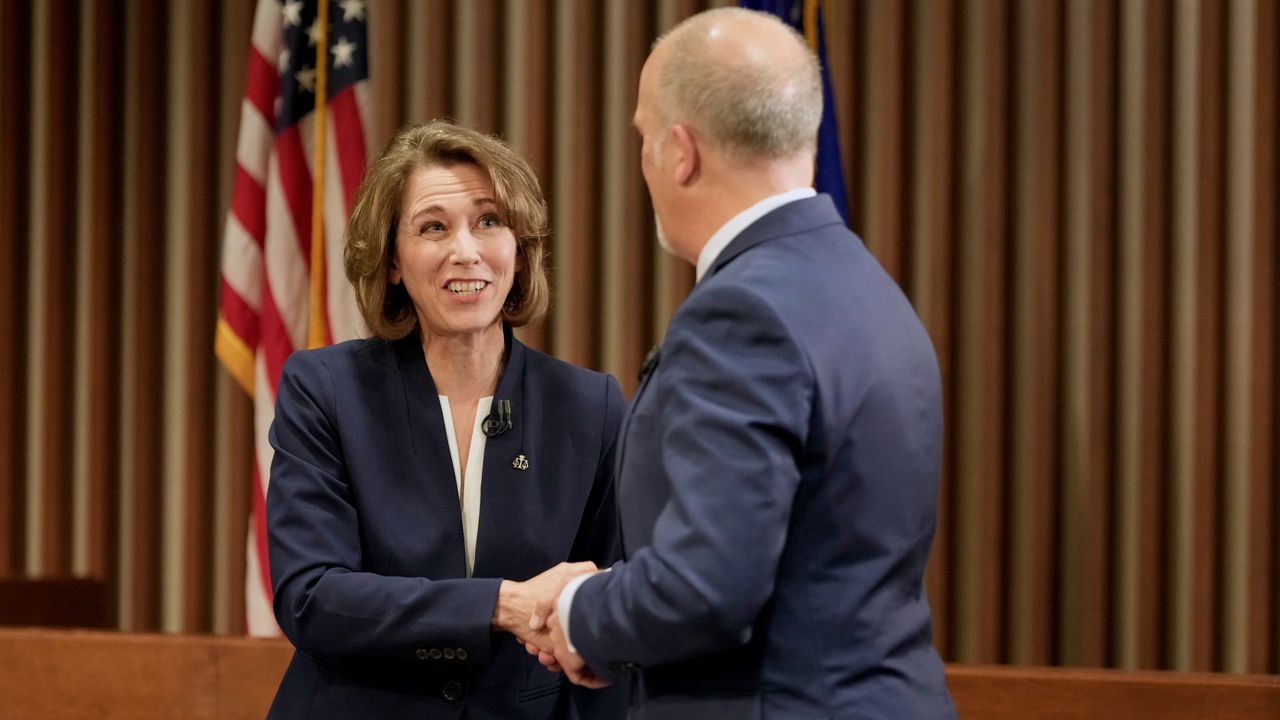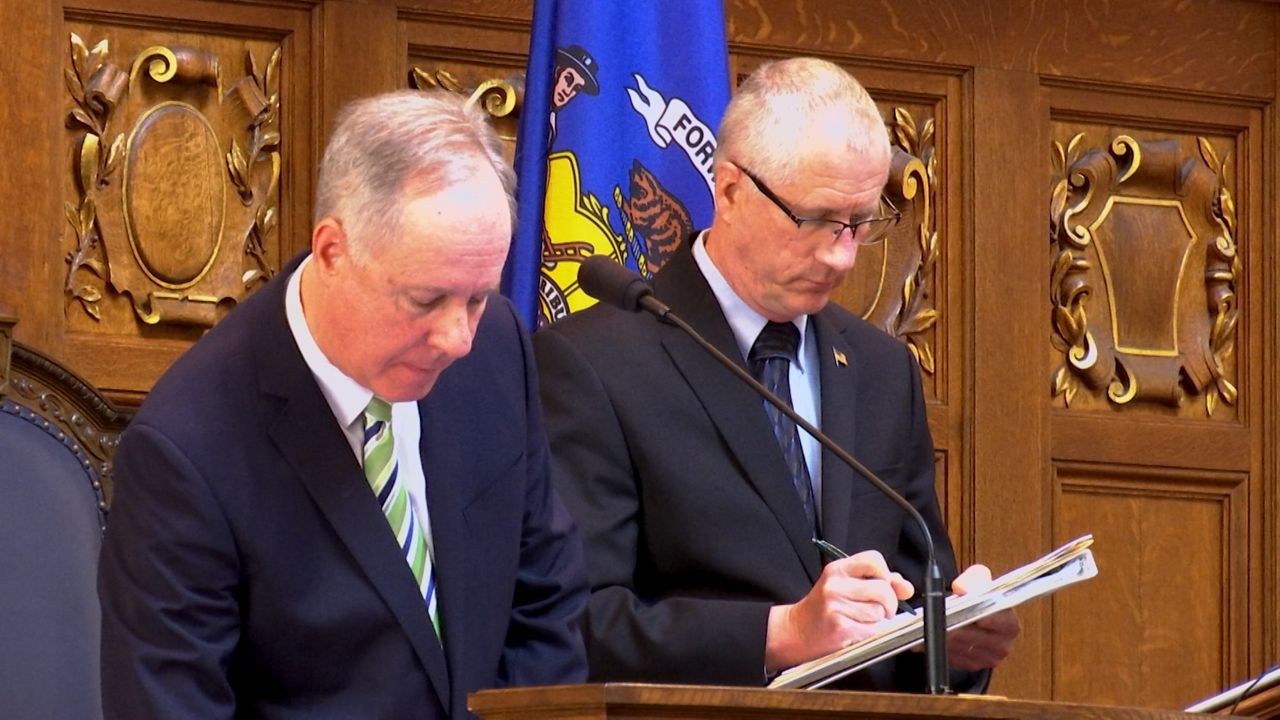MILWAUKEE — Candidates for the state’s highest court have made it to the final stretch. With the election now less than a week away, that means new TV ads and a whole lot of travel around the state for Waukesha County Circuit Court Judge Brad Schimel.
He recently sat down one-on-one with Spectrum News 1 Political Anchor Anthony DaBruzzi to discuss what is at stake.
“I didn't plan this. I’ve got 35 years of public service in Wisconsin, 25 years as a front-line prosecutor, four as the Attorney General, and over six now as a circuit court judge. I love my work as a circuit court judge,” Schimel explained. “I didn't think I would, I didn't think I'd love it as much as I did being an advocate, but now I do. But I watched in 2023 […] we have to restore objectivity to the court, and I got in the race having run statewide and won before knowing how to run this race. I got in 16 months before election day to get to all 72 counties, which I have. I've campaigned everywhere, to get to the voters out there and tell them why it's important that the Supreme Court be objective and not engaged in politics.”
“Whenever I'm picking a jury as a judge, one of the questions I ask them early on is, just to help them orient to what does this mean to be objective, and I tell them, I pick up my pen and I go, ‘I don't have one of those “Men in Black” pens that I can click and all of your memories go away.’ We don't have that,” Schimel said.
“You come here with a history, with opinions, with political, personal, all sorts of things that affect your life, what you need to do is search your conscience and decide, can you set those things aside and decide this case based only on the evidence in the courtroom and on the law that I will instruct you on, and that's the commitment jurors need to make. It's the same thing for a judge at any level,” he added.
“I said, I’m going to take all legal and ethical contributions. I'll be clear, as I've been clear with anybody who's ever written a check, I'm grateful for their help, but they're getting nothing except my commitment that I will follow the law. I ask this sometimes when I’m at rallies and events, I’ll ask people, ‘What do you want from me?’ and they yell, people will yell out, ‘Follow the law, Brad.’ That's what I commit to do,” Schimel said.
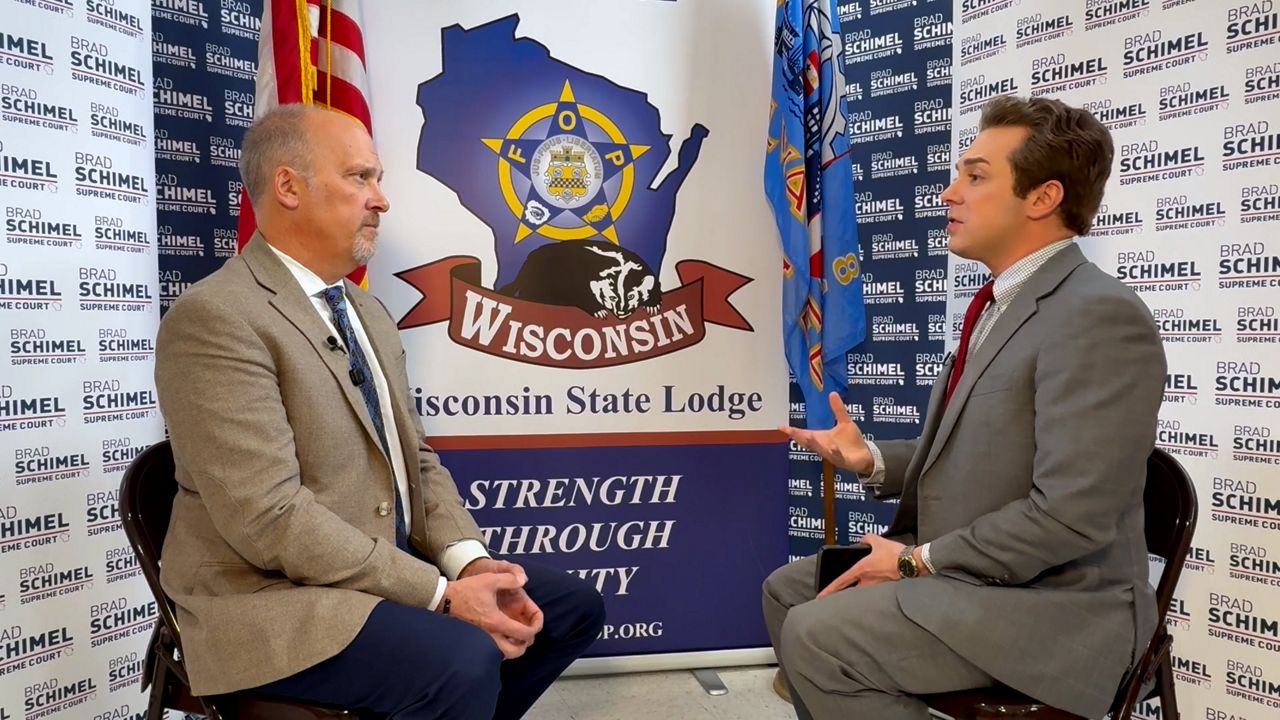
“Well, the most significant factor is that if you have some personal or a member of your immediate family has a personal gain or loss as a result of the case, then you must recuse. Beyond that, it really is this question, can you set aside any prior history, any personal opinions you might have on this issue, or about the litigants? Can you truly set those aside? Judges take a slightly different oath than other public officials. We all raise our hand, and we swear to defend the Constitution. All elected officials do that, but with judges, there's an additional piece to ours that says we commit to hearing cases impartially without regard to persons,” Schimel stated.
“It doesn't mean we don't care about people. What it means is it doesn't matter who that person is. They can be the wealthiest person or most popular or [the] complete opposite of that. It doesn't matter. You have to decide this based on the facts, the evidence in the case, and on the law that someone else wrote—the legislature, that is. That's how you have to make that commitment. You have to search. If you can't do that, then you should get off that case,” he explained.
“I got in this race 16 months before election day. My goal, my reason for doing that was because I'm running to represent all Wisconsinites, so I've campaigned in all 72 counties. I'm proud of my 35-year career as a public servant, and I'm proud that the law enforcement, sheriffs, chiefs, [and] law enforcement organizations that I've worked side by side with for most of those years, that they're with me, endorsing me, supporting me, and urging the voters of Wisconsin to vote to get me on the Wisconsin Supreme Court. I'm proud that the people who know me best from my career are standing with me because I've always stood with them,” Schimel said.
Watch the full interview above.




